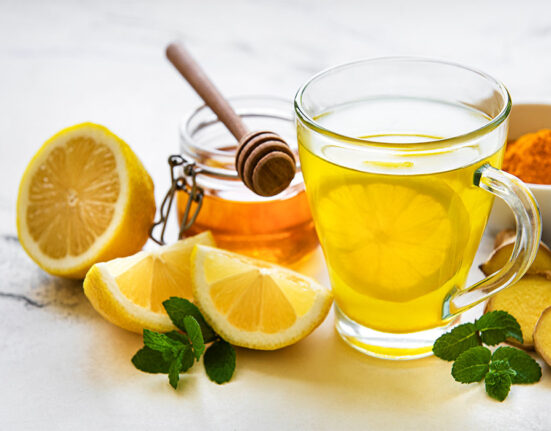Wine checking offers a wonderful way to delve into the subtleties of flavor, fragrance, and texture for both wine connoisseurs and newcomers to the complex world of wine. Going on a tasting wines excursion is more than just enjoying a glass of wine it’s about delving into a sensory experience that reveals the complexity and creativity that go into each bottle. Here are five key ideas to understand about tasting wine, explaining why both wine enthusiasts and non-connoisseurs love them.
1. The Importance of Tasting Wine Rituals
The ritualistic approach to enjoying each sip is at the core of wine tastings as a whole. Consuming wine is not enough; to completely enjoy the essence of wine, it is necessary to engage all of the senses. During the tasting process, each step contributes to the entire experience. This includes detecting the color and clarity of the wine, as well as swirling it in the glass to release its fragrances. Learning about these practices helps one develop a deeper appreciation for the handiwork and complexity that are present in each bottle.
2. Developing a Palate: Training Your Taste Buds
You must go for a wine-tasting experience because it will train your buds and help you to choose the ideal options or else you can opt for expert advice. They are offered a priceless opportunity to nurture and refine their palate. Individuals can recognize minute variations in flavor profiles, acidity levels, and tannin structures with every tasting. Tasters can broaden their sensory language and define their preferences with better clarity if they expose themselves to a variety of wines, ranging from wine with a crisp white to wine with a full-bodied red. In the end, developing one’s palate helps one develop a more profound relationship with the world of wine, which in turn enables individuals to make more informed decisions.
3. Understanding Terroir: Exploring the Influence of Geography
The concept of terroir, which encompasses the distinct environmental variables that affect the character of a wine, is important to its appreciation. The composition of the soil, the climate conditions, and the height of the vineyard are all factors that leave their mark on the grapes, resulting in smells and flavors that are unique to the grapes. Wine fans have the opportunity to experience the varied terroirs of various wine areas through the process of tasting, thereby obtaining an understanding of how spatial factors influence flavor. With this more in-depth comprehension, the tasting experience is elevated to a higher level of complexity, enabling participants to grasp the connectivity of nature and the production of wine.
4. Embracing Diversity: Discovering Varietal Expressions
The opportunity to experience a wide variety of grape varietals, each of which offers its distinctive expression, makes tastings particularly enjoyable. The powerful intensity of Cabernet Sauvignon and the delicate subtleties of Riesling are just two examples of the many flavors and characteristics that can be found in every varietal selection. Tasters can extend their horizons and discover hidden gems that resonate with their inclinations if they explore a variety of varietals and try things from other regions. Embracing this diversity helps to cultivate a sense of exploration and adventure, which in turn encourages individuals to go beyond their comfort zones and find new favorites.
5. Cultivating a Sense of Community: Sharing Experiences
Beyond the sensory pleasures that tasting wine offers, there is also the community component of sharing experiences with other people who have the same passion for wine. Camaraderie and connection are fostered by the process of tasting and talking wine, regardless of whether one is participating in a formal tasting event or getting together with friends in a more casual setting. Through the sharing of thoughts, the comparison of tasting notes, and the discussion of favorite bottles, one can develop a deeper appreciation for wine and build memories that will last a lifetime. By participating in these shared experiences, individuals not only increase their knowledge but also create valuable relationships within the thriving wine community.
Conclusion
Tasting wine is more than just an excuse to sip cocktails; they’re also an opportunity to learn, explore, and connect with others. Wine lovers can achieve greater success with their wine-tasting experiences by embracing the customs, developing their palates, comprehending terroir, discovering diversity, and creating a sense of community. Every wine-tasting experience aims to reveal the fascinating nuances of the wine industry, whether you choose to go it alone or have lively conversations with other enthusiasts. So, grab a glass, and let’s go on a sensory journey honoring the creativity and charm of tasting wine.






